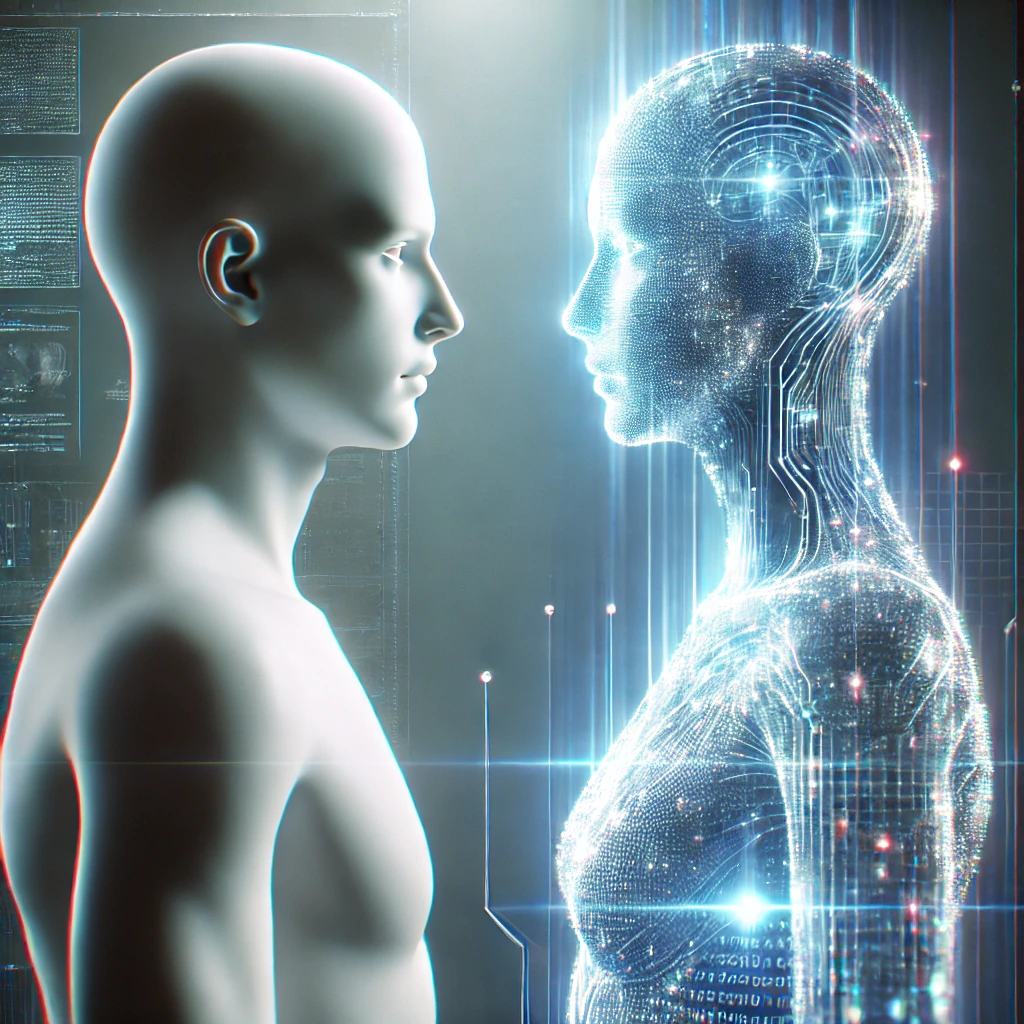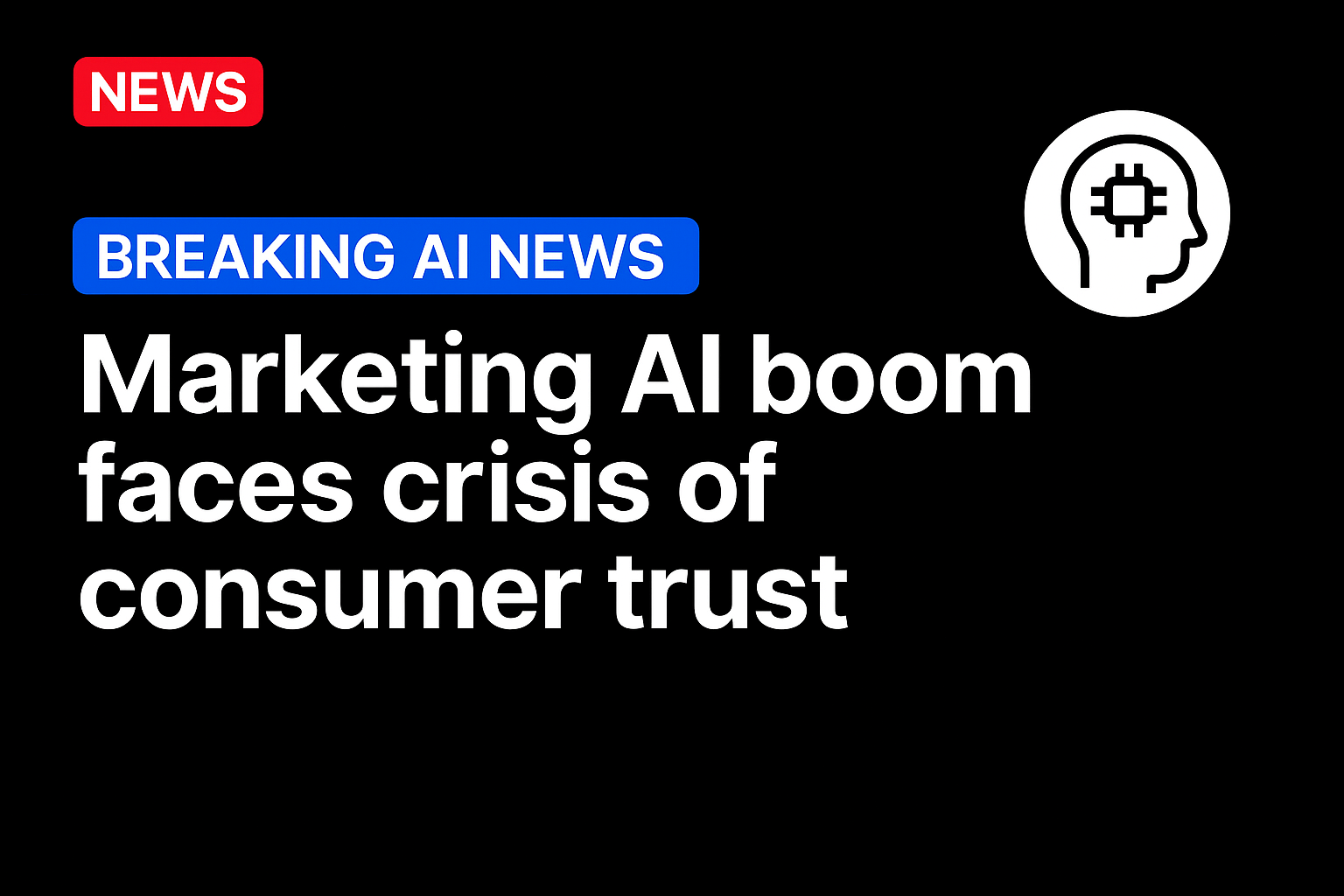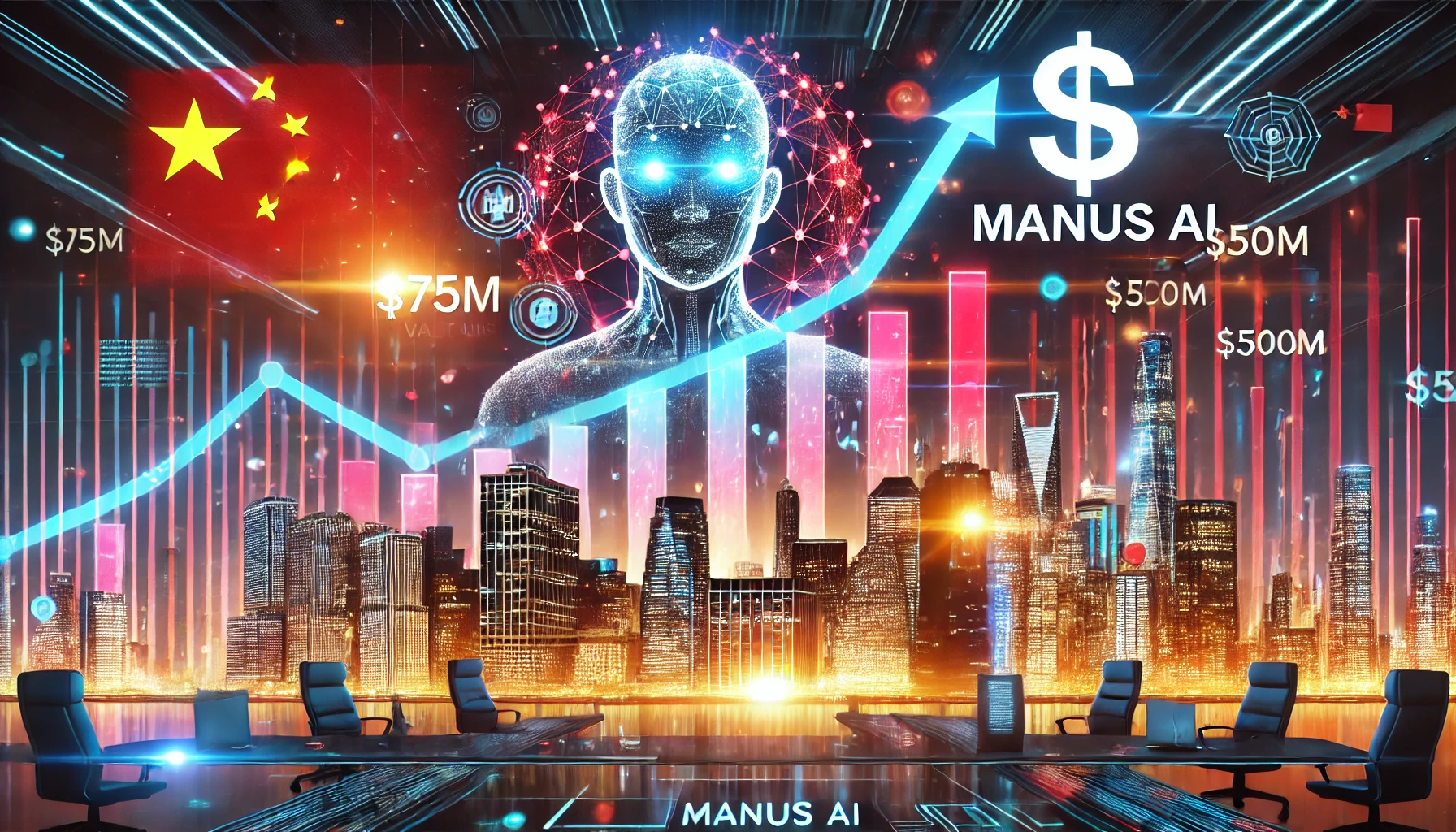As industries evolve at an unprecedented pace, workforce upskilling has become a critical priority for organizations worldwide. With the rapid advancement of artificial intelligence (AI), businesses are recognizing the need to equip employees with the skills required to thrive in an AI-driven future. Upskilling your workforce with AI not only ensures competitiveness but also fosters innovation and resilience within teams.
In my recent interview with Amy Clark, Chief People Officer at D2L, she emphasized the importance of upskilling in today’s business environment. “For people leaders, the message is clear: prioritizing workforce upskilling is no longer optional; it’s a strategic imperative,” said Clark. As AI continues to reshape the workforce, adopting AI-powered upskilling strategies can help organizations stay ahead of the curve while empowering employees to adapt and excel.
Why AI-Powered Upskilling Is Essential
AI is transforming every industry by automating tasks, enhancing decision-making, and generating insights from vast data sets. As a result, job roles are evolving, with many requiring new skills or a shift in focus toward more complex, creative, and strategic tasks. However, the challenge is that many workers are not yet prepared for these changes.
According to research by the World Economic Forum, nearly 50% of employees will need reskilling or upskilling by 2025 due to AI and automation. Rather than seeing this as a threat, forward-thinking companies are treating AI as a partner in the upskilling process. By leveraging AI, businesses can identify skills gaps, personalize training programs, and make continuous learning more engaging and accessible.
Steps To Upskill Your Workforce Using AI
- Assess Your Workforce’s Skills Gaps with AI
The first step in any upskilling initiative is understanding where your workforce currently stands and what skills they need to develop. AI tools can help companies perform comprehensive skills assessments by analyzing employee performance, current competencies, and future business needs. AI-driven assessments can go beyond surface-level evaluations to identify deeper skills gaps, ensuring that training is tailored to the individual employee’s needs. AI-based platforms can also provide predictive analytics, helping businesses understand how roles will evolve and which skills will be most valuable in the future. By analyzing trends and forecasting changes in the market, companies can prepare their workforce to meet the demands of tomorrow. - Create Personalized Learning Paths
One of the most significant advantages of using AI for upskilling is the ability to deliver personalized learning. Traditional training programs often adopt a one-size-fits-all approach, but AI allows companies to customize learning experiences based on individual needs and preferences. AI-powered learning platforms can recommend courses, materials, and exercises that align with an employee’s skill level and career goals. This personalized approach not only makes learning more effective but also more engaging, as employees receive content that is relevant to their role and learning style. As Amy Clark pointed out, “Employees today want learning experiences that are tailored to them. AI can help us deliver that in a scalable way.” - Incorporate AI-Based Learning Tools and Simulations
AI is revolutionizing the way employees learn by providing interactive and immersive training tools. For instance, AI-powered simulations allow employees to practice skills in real-world scenarios without the risk of making mistakes in a live setting. These simulations can be applied to a wide range of fields, from sales training to technical skills development. AI can also be integrated into chatbots and virtual assistants, which offer real-time support during the learning process. These tools provide instant feedback, answer questions, and suggest resources, creating a more dynamic learning experience. This constant support ensures that employees can progress at their own pace while still receiving the guidance they need. - Use AI for Continuous Learning and Microlearning
Upskilling is not a one-time effort. In the fast-evolving world of AI, skills need to be continuously updated. AI can help drive continuous learning by delivering microlearning experiences—small, bite-sized learning modules that can be completed during daily routines. This keeps employees engaged and allows them to build new skills gradually without overwhelming them. AI systems can track employees’ learning progress and recommend additional resources when gaps are identified or when new skills are needed. This kind of adaptive learning ensures that employees are always in sync with the demands of their role. - Encourage Collaboration with AI
AI isn’t just a tool for individual learning—it can also enhance collaborative learning across teams. AI-based platforms can identify team-level skills gaps and recommend group learning experiences. For instance, AI might suggest a team workshop focused on problem-solving, where employees with different skill sets can learn from one another. Additionally, AI-powered platforms can foster knowledge sharing across departments by connecting employees who have complementary skills. This breaks down silos within the organization and encourages cross-functional learning, leading to a more agile and collaborative workforce.
The Benefits of AI-Powered Upskilling
Implementing AI-powered upskilling strategies offers several key benefits to organizations:
- Future-Proofing the Workforce: By investing in AI-driven upskilling programs, businesses can ensure that their employees are equipped with the skills needed to navigate future technological changes. This reduces the risk of skills obsolescence and improves the organization’s ability to adapt to new challenges.
- Increased Employee Engagement and Retention: Employees who feel that their company is invested in their personal growth are more likely to stay and thrive. AI-driven, personalized learning pathways create more meaningful learning experiences, leading to higher engagement and satisfaction.
- Improved Productivity and Innovation: As employees acquire new skills, they can apply their learning to their daily work, improving productivity and driving innovation. AI-powered tools enable employees to learn faster and make more informed decisions, enhancing overall business performance.
- Scalability and Efficiency: AI allows businesses to scale their upskilling efforts efficiently. Personalized learning programs that once required significant human oversight can now be automated and managed through AI systems, ensuring that employees at all levels receive the training they need.
Overcoming Challenges in AI Upskilling
Despite the advantages, organizations may face challenges when implementing AI-driven upskilling programs. One common challenge is ensuring that AI systems are accessible to all employees, regardless of technical proficiency. This requires a user-friendly interface and robust support systems to help employees navigate AI tools effectively.
Additionally, organizations must prioritize AI ethics in their upskilling efforts. As AI is used to evaluate and track employee progress, companies must ensure that these systems are fair, transparent, and free from bias. Building trust in AI systems is essential for widespread adoption and success.
Conclusion: AI as a Catalyst for Workforce Transformation
AI is not just transforming industries—it’s transforming people. As Amy Clark of D2L emphasized, “Upskilling is not just a nice-to-have anymore; it’s a necessity in the age of AI.” By using AI to upskill your workforce, you can empower employees to thrive in a rapidly changing environment and build a resilient organization prepared for the future.
With the right strategy, tools, and leadership, businesses can turn AI from a challenge into a powerful force for growth, learning, and innovation. The future belongs to organizations that are willing to invest in their people—and AI is the key to unlocking their full potential.





